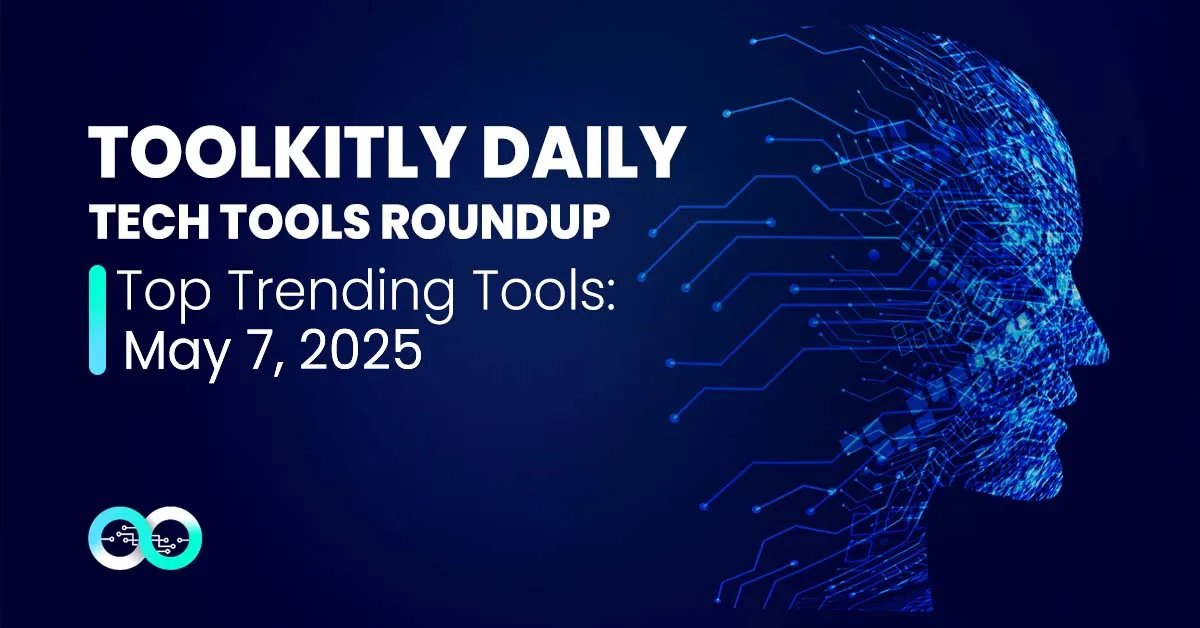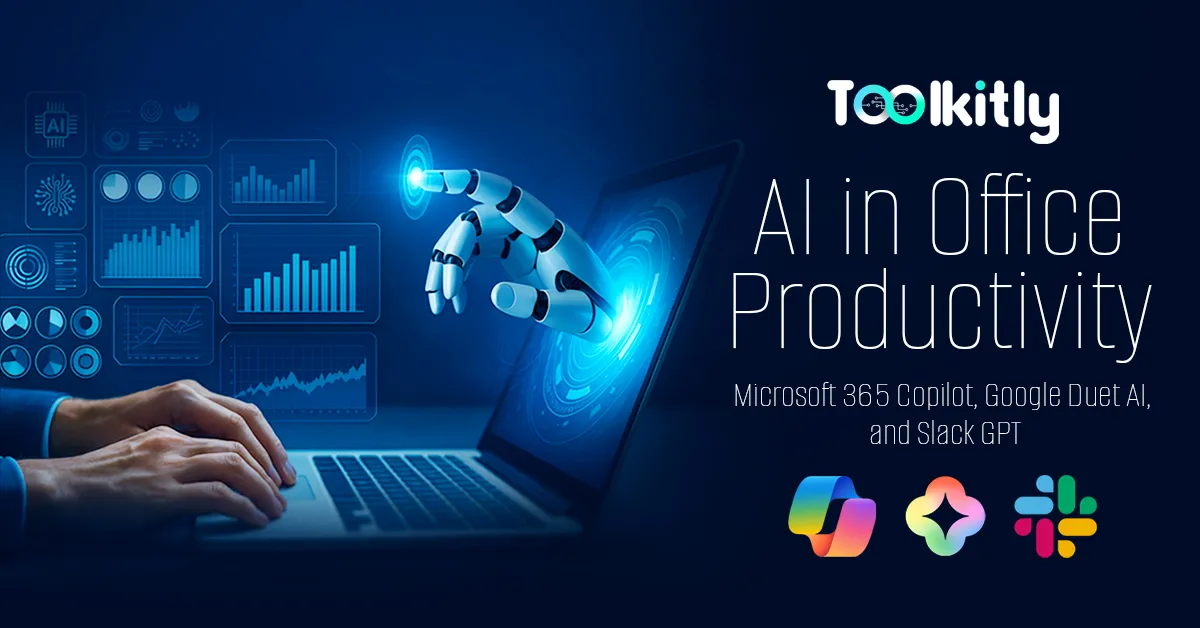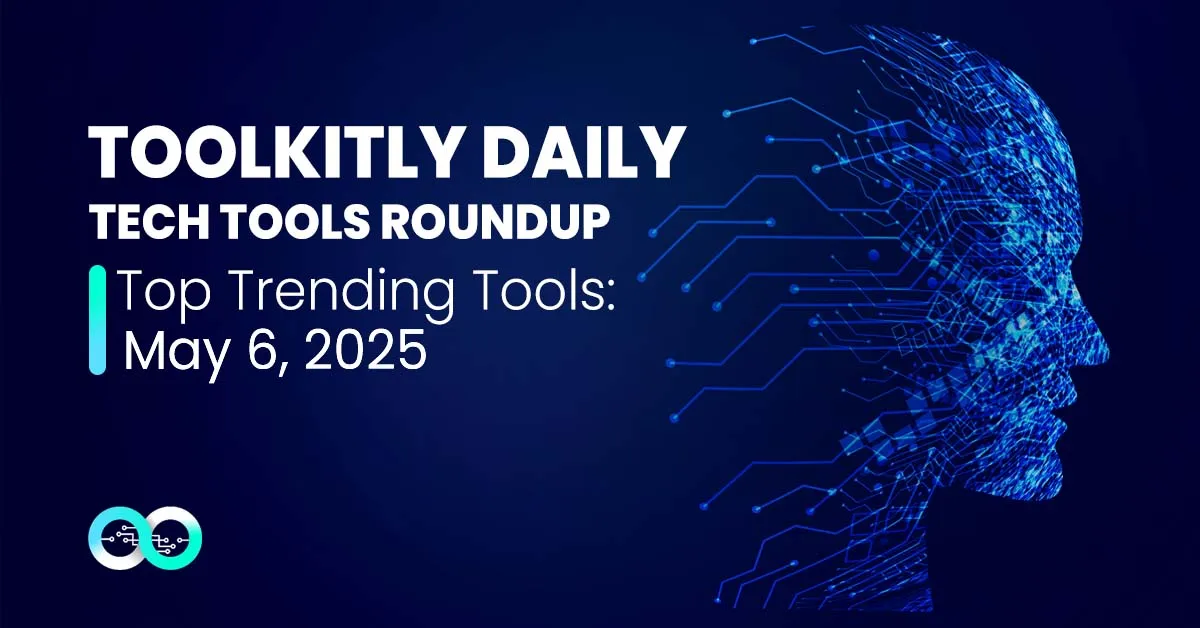
Like many other industries, AI is shaking up the e-commerce industry as well. In 2024, we can anticipate a significant transformation in the e-commerce industry due to AI. We conducted case studies to explore how AI is reshaping the e-commerce industry and to identify the anticipated challenges. Here are some case studies of AI in e-commerce.
From Amazon to Etsy: How AI Fuels E-commerce Success Stories
Amazon
Amazon heavily invests in areas like machine learning, robotics, and computer vision. The e-commerce giant Amazon uses AI technology in different departments.
- Research and Development
- Marketing and Advertising
- Product Development
- Fraud Detection
- Inventory Management
- Supply Chain and Logistics
Amazon's Website and App use AI algorithms to improve product search and recommendations. Alexa and voice assistants use AI to understand users' requests, speech recognition, and natural language processing. Amazon relies on AI-powered chatbots for customer inquiries and resolves issues within a quick period. Last year, Cyber Monday was one of the biggest shopping days, Amazon employed AI to deliver orders even faster. Amazon is actively developing and deploying AI-powered shopping assistants, such as Alexa, and its integration with physical stores like Amazon Go.
Amazon is using AI in almost everything it does. (Source : Youtube Channel : CNN)
Amazon announces Rufus, a new generative AI-powered conversational shopping experience .(Source : Youtube Channel : Amazon News)
Alibaba Group
Alibaba Group and its subsidiary companies are heavily investing and innovating with AI technologies. Alibaba has implemented chatbots for personalized recommendations, automation of Customer Service, and Supply Chain Optimization.
Walmart
Walmart uses conversational AI across several areas of the business to support customers, members, associates, drivers, and marketplace sellers. Walmart's Voice shopping system uses natural language processing (NLP) to identify user requests, products, purchase information, and product name entity recognition. Walmart’s chatbots help customers when they have an issue with their orders. AI-powered Mobile app ‘Ask Sam’ helps Associates by providing answers and emergency alerts in real-time.
eBay
eBay uses AI algorithms for product recommendations, analyzing users browsing history, purchase behavior, and location. eBay's AI-powered Magical listing tool that can generate product listings from just a photo. eBay's new social caption generator AI helps sellers to make social media post sharing more easier.
Stitch Fix
Stitch Fix's AI algorithms generate Product Descriptions and Advertisement Headlines.
Starbucks
The Starbucks app uses AI to recommend drinks to customers based on their past orders, the time of day, and the weather. The app also uses AI for promotions and sales.
Domino's Pizza
Domino's Pizza uses AI to improve its delivery times and customer service. AI-powered features have helped Domino's to reduce its delivery times and improve its customer satisfaction.
Etsy
Etsy leverages AI for Personalized Product Recommendations, Image Search, Fraud Detection and Security, Customer Service, and Product Listing Optimization.
Data Overload, Automation Anxiety: AI's Challenges for E-commerce Leaders
Paradigm Shift
The anticipation of a paradigm shift in the e-commerce landscape suggests a need for adapting to new ways of doing business. This could bring challenges in planning and day-to-day activities.
Data Scale
Managing massive data scale is a crucial factor. Dealing with a lot of data needs effective systems and solutions to use it well without slowing things down.
Equitable Access
Helping smaller sellers and those who usually can't use AI poses a challenge in giving equal opportunities and advantages to everyone involved.
Innovation Pace
The accelerated pace of innovation driven by AI introduces challenges in keeping up with technological advancements. This requires continuous adaptation and learning to leverage the full potential of AI in e-commerce.
Internal Implementation
Using AI inside the company to make developers work better and be more creative shows difficulties in smoothly fitting AI into the way things already work.
Responsible AI
Responsible AI indicates recognition of challenges related to ethical considerations, bias, fairness, and uncertainty in AI systems. Addressing these issues responsibly is crucial for building trust and ensuring ethical AI practices in e-commerce.
AI is used in E-commerce to to improve product search and recommendations, Marketing and Advertising, Fraud Detection, Inventory Management, Logistics and many more areas.
Amazon has introduced Rufus, its latest generative AI-powered conversational shopping experience, serving as the company's new AI shopping assistant.









